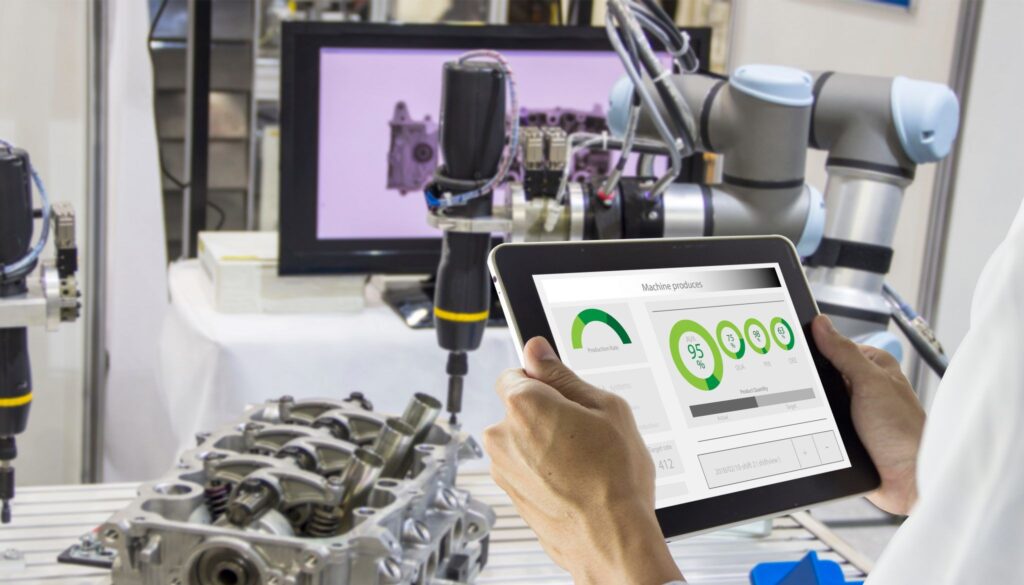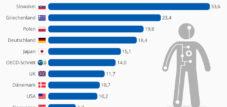20.5 million jobs – equivalent to 48 percent of all jobs – could be automated in Germany alone.
This is according to a recent publication by the consulting firm McKinsey. It's not just simple tasks that are at risk of being replaced by machines or computers.
The spectrum ranges from suppliers who could be replaced by autonomous cars and drones, to manufacturing, and even white-collar jobs. It was recently revealed that a Japanese insurance company plans to replace several dozen employees with artificial intelligence. Globally, more than a billion jobs could be lost – analysts estimate the automation potential for China and India alone at around 630 million jobs.
There are significant differences between individual sectors, some with surprising results. For example, it's obvious that 64 percent of jobs in the manufacturing sector are at risk. However, it seems less obvious that in the "Accommodation & Food Service" sector, as many as 66 percent of employees are said to be replaceable. Generally, the risk of automation decreases with increasing complexity. Thus, in the "Business Services, Scientific and Technical Services" segment – which likely includes IT jobs – comparatively few jobs (39 percent) are at risk.
However, not everyone is convinced that the number of jobs will actually decline. A study by the Institute for Employment Research (IAB) predicts that while around 1.5 million jobs will be lost by 2025, approximately 1.5 million new ones will be created.


